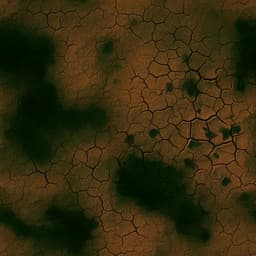
Agriculture
Intra-growing season dry-wet spell pattern is a pivotal driver of maize yield variability in sub-Saharan Africa
P. Marcos-garcia, C. Carmona-moreno, et al.
Explore how climate variability alters maize yields in sub-Saharan Africa! This research by Patricia Marcos-Garcia, Cesar Carmona-Moreno, and Marco Pastori reveals that specific dry-wet spell patterns throughout growth stages substantially influence yield fluctuations, surpassing traditional factors like precipitation and temperature. Unlock insights that can shape climate-smart agriculture in developing regions.
~3 min • Beginner • English
Related Publications
Explore these studies to deepen your understanding of the subject.







